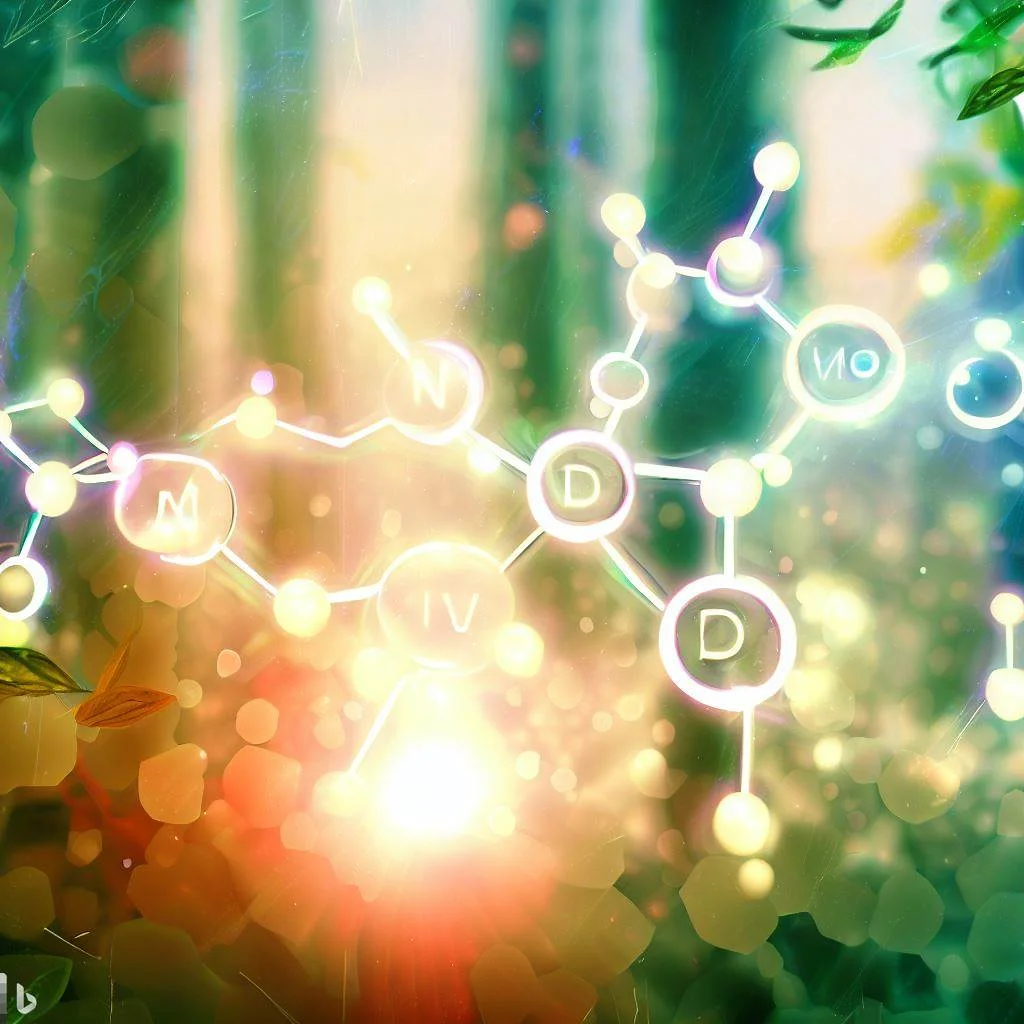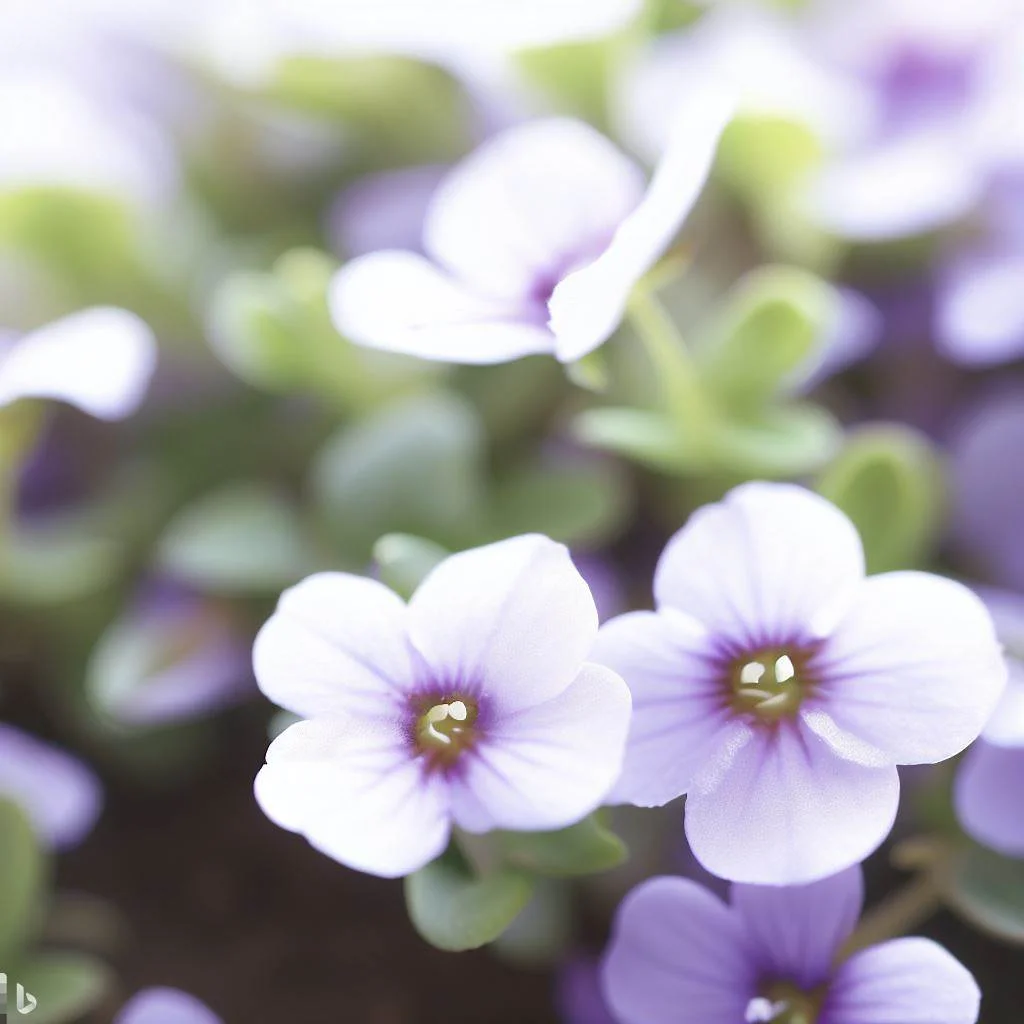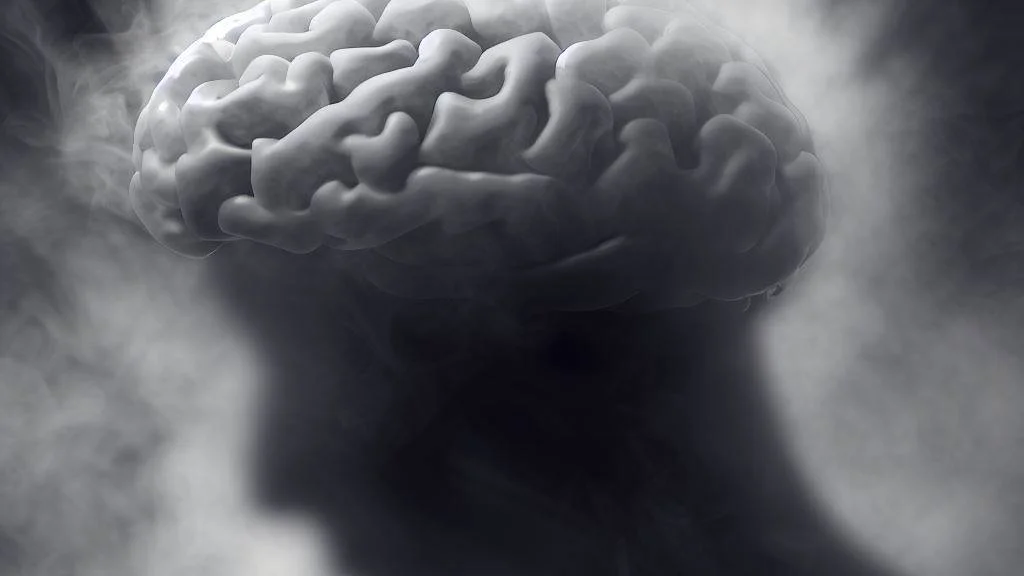Maintaining good brain health is essential for a happy and fulfilling life. While a healthy diet, regular exercise, and good sleep are important for optimal brain function, some people may benefit from adding supplements to their routine. In this post, we will explore some supplements for brain health - creatine and bacopa monnieri. We'll take a closer look at the potential benefits of these supplements, the research behind them, and how they can be used to support cognitive function and overall brain health. Whether you're looking to boost your memory, reduce inflammation, or simply support your brain health as you age, these supplements may be worth considering.

Creatine is a natural compound found in the body that plays a key role in energy production, particularly in the muscles. While creatine is commonly used as a sports supplement to enhance athletic performance and muscle growth, recent research suggests that it may also have several benefits for brain health.
For vegetarians, creatine supplementation may be particularly beneficial. This is because creatine is mostly found in animal-based foods, so vegetarians and vegans may not get enough creatine in their diet. Creatine supplementation may help to fill this gap and support brain health.
Studies have found that creatine supplementation can enhance brain function, particularly in tasks that require short-term memory and quick thinking. In addition, creatine may help to protect against age-related cognitive decline, and may also have mood-enhancing effects.
Creatine may also be beneficial for people with certain neurological disorders, including Parkinson's disease, Huntington's disease, and traumatic brain injury. These conditions are associated with decreased levels of creatine in the brain, and creatine supplementation may help to restore these levels and improve brain function.
Overall, creatine supplementation may be a valuable tool for vegetarians looking to support brain health, as well as for individuals with certain neurological conditions. As always, it's important to speak with a healthcare professional before adding any supplements to your routine.

Bacopa Monnieri, also known as water hyssop, is an herb commonly used in traditional Ayurvedic medicine to improve cognitive function and reduce anxiety. Recent research has shown that Bacopa Monnieri may have several benefits for the brain, including:
- Memory and learning: Bacopa Monnieri may improve memory and learning by enhancing communication between neurons and increasing the growth of nerve endings in the brain.
- Stress and anxiety: Bacopa Monnieri may help reduce stress and anxiety by regulating levels of stress hormones and increasing the production of serotonin, a neurotransmitter associated with feelings of well-being.
- Brain function: Bacopa Monnieri may improve overall brain function by increasing blood flow to the brain, reducing inflammation, and protecting against oxidative stress.
Overall, Bacopa Monnieri appears to be a promising natural supplement for improving brain function, although more research is needed to fully understand its effects and potential side effects.
The exact mechanisms by which Bacopa Monnieri works to support brain health are not fully understood, but researchers believe that it may work through a few different pathways.
One proposed mechanism is that Bacopa Monnieri may help to improve the communication between nerve cells in the brain by increasing the production of certain neurotransmitters, such as acetylcholine, which is involved in learning and memory. It may also help to enhance the activity of specific receptors in the brain, including the serotonergic and cholinergic receptors, which are involved in regulating mood and cognitive function.
Another proposed mechanism is that Bacopa Monnieri may have antioxidant effects, which can help to protect the brain against damage from free radicals and oxidative stress. This could potentially help to reduce inflammation in the brain and protect against age-related cognitive decline.
- Rawson, E. S., & Venezia, A. C. (2011). Use of creatine in the elderly and evidence for effects on cognitive function in young and old. Amino acids, 40(5), 1349-1362.
- Rae, C., Digney, A. L., McEwan, S. R., & Bates, T. C. (2003). Oral creatine monohydrate supplementation improves brain performance: a double–blind, placebo–controlled, cross–over trial. Proceedings of the Royal Society of London. Series B: Biological Sciences, 270(1529), 2147-2150.
- Roitman, S., Green, T., Osher, Y., Karni, N., & Levine, J. (2007). Creatine monohydrate in resistant depression: a preliminary study. Bipolar disorders, 9(7), 754-758.
- Bender, A., Beckers, J., Schneider, I., Hölter, S. M., Haack, T., Ruthsatz, T., ... & Wurst, W. (2008). Creatine improves health and survival of mice. Neurobiology of aging, 29(9), 1404-1411.
- Brosnan, M. E., & Brosnan, J. T. (2007). The role of dietary creatine. Amino acids, 32(2), 209-217.
- Stough, C., Lloyd, J., Clarke, J., Downey, L. A., Hutchison, C. W., Rodgers, T., & Nathan, P. J. (2001). The chronic effects of an extract of Bacopa monniera (Brahmi) on cognitive function in healthy human subjects. Psychopharmacology, 156(4), 481-484.
- Roodenrys, S., Booth, D., Bulzomi, S., Phipps, A., Micallef, C., & Smoker, J. (2002). Chronic effects of Brahmi (Bacopa monnieri) on human memory. Neuropsychopharmacology, 27(2), 279-281.
- Russo, A., Borrelli, F., & Bacopa Monniera, D. (2005). Herbal medicines for the treatment of Alzheimer's disease: a systematic review. Drug development research, 65(4), 237-249.
- Aguiar, S., & Borowski, T. (2013). Neuropharmacological review of the nootropic herb Bacopa monnieri. Rejuvenation research, 16(4), 313-326.
- Calabrese, C., Gregory, W. L., Leo, M., Kraemer, D., Bone, K., & Oken, B. (2008). Effects of a standardized Bacopa monnieri extract on cognitive performance, anxiety, and depression in the elderly: a randomized, double-blind, placebo-controlled trial. The Journal of Alternative and Complementary Medicine, 14(6), 707-713.
